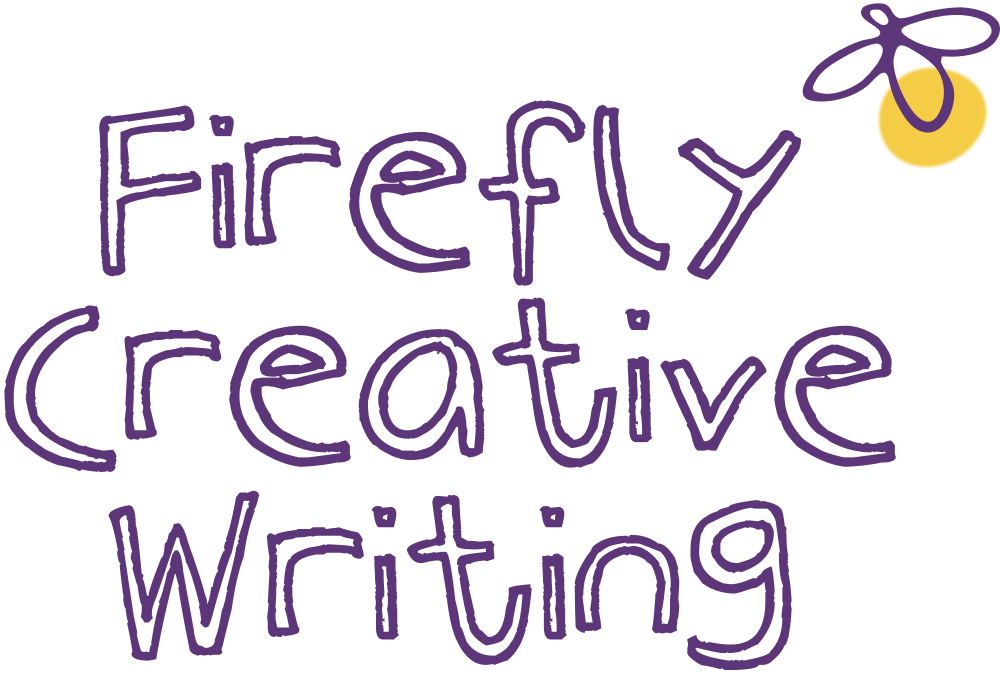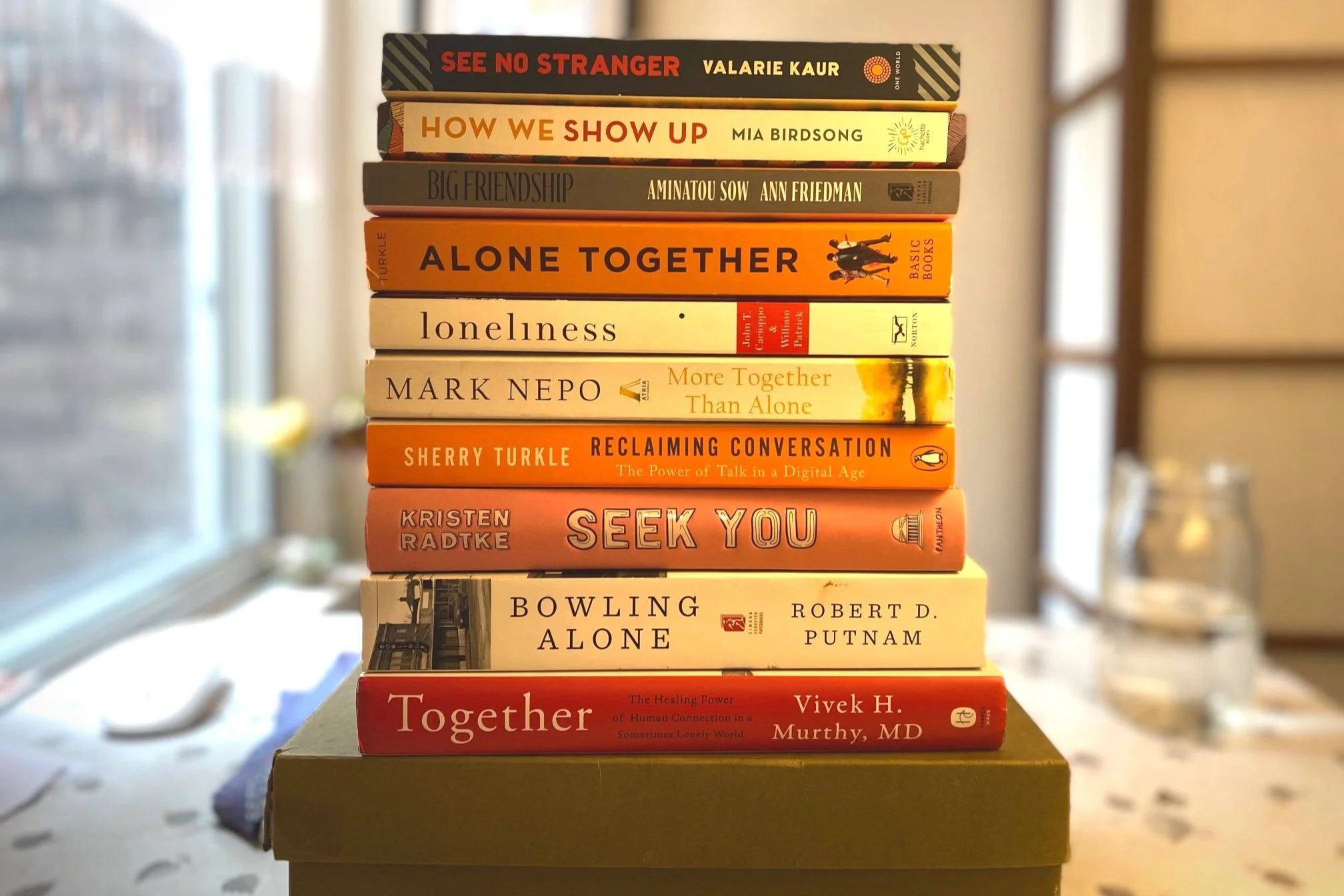There is no such thing as artificial empathy.
A tall pile of books about loneliness and community. Blurry cozy desk vibes in the background.
I remember the first time I saw Facebook.
I was in my sister’s little apartment in Montreal, looking over her shoulder at that cheeky blue font. She scrolled through and I saw my high school friends’ smiling faces and quippy status updates. I saw a gathering place, a way of showing up… Maybe even belonging.
That’s not how it went, is it?
Social media has given us a lot, but the research is in — it makes us lonely. And I don’t know about you, but I didn’t need research to tell me that.
These days, it seems the world is flooding with new opportunities for increasingly distant, digital versions of connection.
In 2020, engineers at Gifu University launched a lifelike robotic hand, designed for you to hold when you’re lonely.
Early next year, an AI-powered pendant called The Friend is going to be released by Avi Schiffmann. It listens to everything in the wearer’s environment, then texts to check in and give encouragement and advice.
Somnium Space is working towards the release of a virtual reality program called Live Forever, which will allow users to interact with AI-generated versions of loved ones who have died.
I want to shrug these off.
I want to assume they will fail, or only be used by people who truly need them, and the landscape of human connection won’t change. But Facebook didn’t fail. And here we are.
I have so many dog-eared books on my shelf about loneliness and community. I can’t get enough. Lately I’ve been turning to Sherry Turkle, who spent years at MIT interviewing people about the impact of technology on their humanity. She calls what these new programs offer, “artificial intimacy” and “pretend empathy.”
She says that while they can be incredibly addictive, the companionship they offer has no risk, no vulnerability, no reciprocity. It can’t replace humans, even if it feels like it can.
Of course, right? Reciprocity is a core function of relationships. Even that word, “friend” — the one Facebook pushes on us so hard — comes from the Greek Philoi, which means a relationship based on a duty of mutual care.
There’s no such thing as pretend empathy, because empathy requires authenticity, and authenticity requires work, risk, and a willingness to be seen in all our human weirdness.
I remember a few years ago, a group participant sighing in the middle of a class and saying, “Writing workshops are the most authentic way I’ve ever found to connect to others.”
We almost laughed! It was so true. We felt deeply seen in her observation.
Writing invites us to open ourselves — gently and at our own pace — to the page, to ourselves, and then to each other. It invites us to be seen. And to see each other. Reciprocal, authentic, and real.
So, that’s my wish for you this week.
We need each other. Not only to be creative, and to live. You might find that in our workshop line up (so many goodies!) You might find it in an unexpected conversation in a grocery store line. You might find it by asking to hold someone’s actual hand in a moment when you need one… And, of course, to hold their hand back.
You know… you and I are having a moment of connection.
Me, walking my dog late at night now, talking these words into my little phone, hoping they’ll turn into something worth reading. You, wherever you are, saying yes to them.
Thank you for letting these words belong with you for the length it took to read them, and by doing so, for letting me belong there too.
In it with you,
P.S. Some of the ideas and resources in this newsletter come from this TED Radio Hour podcast.


